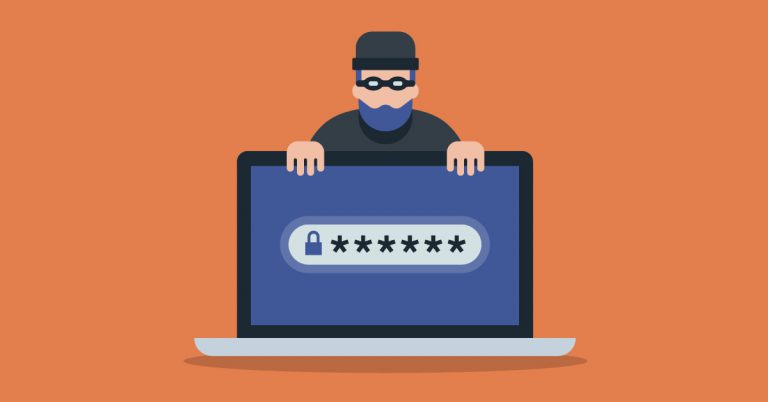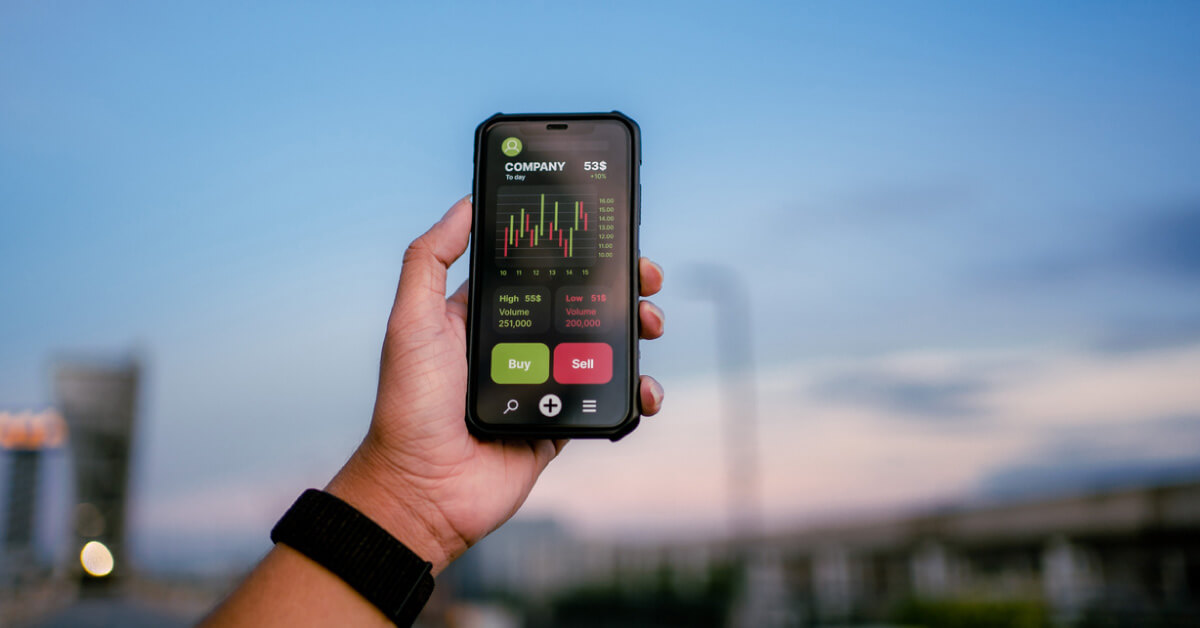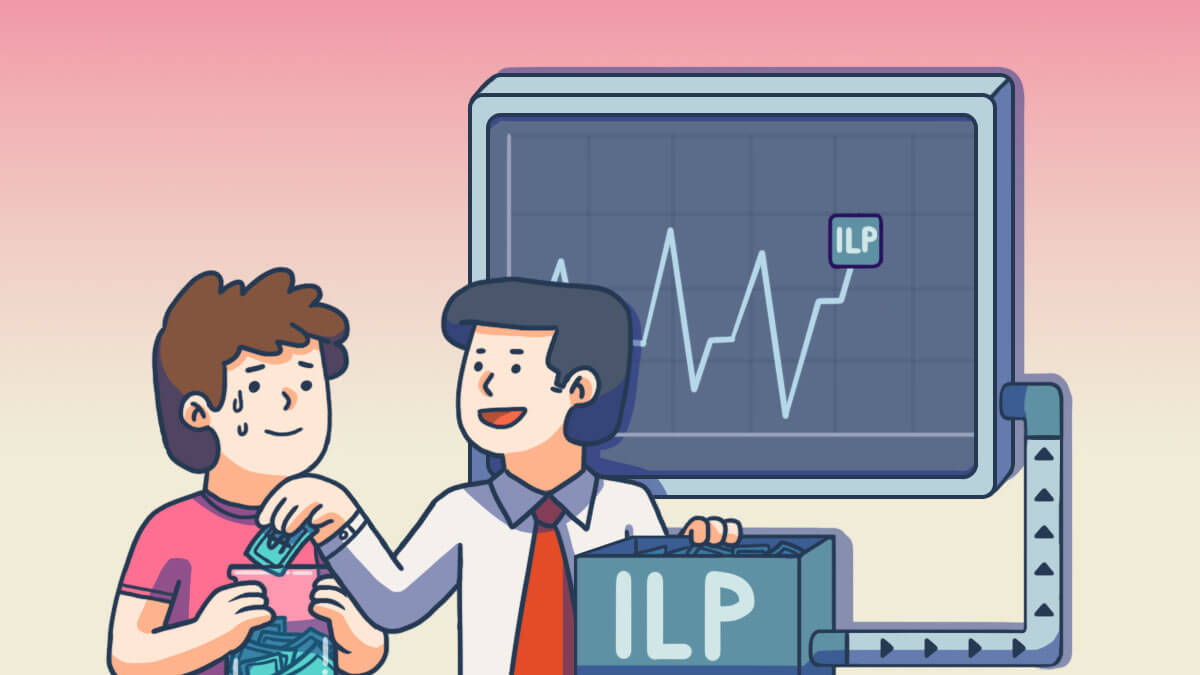With COVID-19, more people are turning to online activities, much to the delight of scammers who are working overtime to develop new tactics. With the increase in online scams, and e-commerce scams in particular, it’s more important than ever to protect yourself with Personal Cyber Insurance.
In 2020, scam cases singlehandedly increased the crime rate in Singapore and accounted for 42.1% of the total crimes reported. Of which, e-commerce scams remained the top scam type reported with over S$6.9 million cheated from more than 3,300 unsuspecting individuals.
Don’t want to become a part of that statistic? Here’s a list of e-commerce scam in Singapore to avoid.
1. Online purchases
The most common type, this e-commerce scam involves fraudulent sellers on online marketplaces. (Did you know 60% of e-commerce scams occurred on Shopee and Carousell?).
The modus operandi entails scammers sending you an item that looks completely different from what you ordered (like this woman who received a photo instead), selling counterfeit products, claiming they have “delivered” your orders or ghosting you after receiving payment like this Carouhell seller.
Other types of scams targeting online shoppers include phishing sites that are nothing more than a front to get you to part with your credit card details.
These scams usually employ pressure tactics such as selling hard-to-get items (e.g. surgical masks) at low prices, for a “limited time only!!!!” to get you to click fast without thinking much.
#TiqOurWord Once phishing sites get hold of your banking details, they can use it to make unauthorised transactions on your credit card or bank account. Fortunately, Tiq’s Personal Cyber Insurance protects you against this with coverage of up to S$25,000 for a year.
 2. Delivery riders beware
2. Delivery riders beware
To our #FrontlineHeroes, this one’s for you. With online shopping and food orders increasing, there’s a new scam targeting parcel and food delivery riders.
How it works: Delivery riders receive a cash on delivery (COD) order, before the recipient asks for their mobile number on the pretext of making payment. Riders then receive an OTP and are prompted to key it into their bank app to receive the money.
What really happens: scammers are linking the victims’ bank accounts to a Google Pay account, before siphoning their money through unknown transactions. Suffice to say, the rider will arrive at the delivery location only to find that there’s nobody there.
#TiqOurWord Calling existing GIGANTIQ users, did you know the add-on cyber protection offers the same coverage against cyber fraud, cyber extortion, identity theft and associated restoration costs, but at a bite-sized price? Bonus: it gives you additional interest on your savings too.
3. Gamers, don’t get caught in a Steam-y situation
While gamers rejoice at the prospects of staying home, Steam users may want to be extra vigilant due to the rise in scam cases on the gaming platform.
Imagine this. Someone on your friend list contacts you to say they’ve been scammed by someone who’s pretending to be you, but they’ve accidentally reported you instead.
But not to worry, you can contact a Steam admin to get your account unblocked. All you have to do is verify your account, perhaps by providing your log-in details or making some in-game purchases.
Sounds legitimate? That’s actually a scam network using compromised Steam accounts to lure more victims.
4. Earn while you shop online
Job hunters may have come across an ad looking for an “Affiliate Marketing Associate” where all you need to do is make some purchases online.
You will get reimbursed for those along with a commission fee, and the business stands to benefit from increased click-rates and popularity. Sounds like a win-win situation.
That’s what one NSF thought, only to end up losing a huge chunk of his savings. This new scam gets victims to make advance purchases on Shopee, but to complete payment via bank transfers instead of on the app.
Scammers will bait you with a sense of legitimacy by giving you commission for small items before increasing the amount to be transferred. At a certain point, they will then claim that your account is frozen and you will need to pay some fees in order to get it unlocked.
Always err on the side of caution when you come across jobs offering quick, easy money.
 Avoid e-commerce scams with these tips
Avoid e-commerce scams with these tips
One can never be too vigilant. Here’s how you can avoid falling prey to e-commerce scams.
- Double check and triple check
Before you buy something online, always check the sellers’ reviews to determine their legitimacy. Watch out for listings that have many 5 star ratings but no reviews – these could be engineered.
The same goes for job offers. If the money sounds too easy, it’s probably fake. Always be wary of advance payments or when you are asked make purchases to prove your authenticity. Perform a quick search online or check in with your friends if you are unsure.
- Stick to in-app payments
A lot of e-commerce scams involve victims making payments via bank transfers. Always complete payment through the shopping platform so you are covered under their buyer protection policies, and never make advance payments.
- Never give out your personal details (or money) to strangers
This has been said many times but it’s worth repeating: never ever give out your OTP, especially if you didn’t request for it.
The same goes for sensitive information like your login details, even for accounts unrelated to your bank. Once it falls into the wrong hands, scammers can always find a way to benefit at your expense.
Similarly, don’t give your money to someone you have never met unless you’re prepared to lose it.
- Get cyber insurance
Sometimes things slip through the cracks despite your best efforts. And that’s alright, as long as you are protected. With the increased spate of scams, get peace of mind with Tiq’s Personal Cyber Insurance.
For just S$107 a year (and that’s with GST included), you can protect yourself and your family against a host of online scams as well as other threats like cyber-attacks, Wi-Fi phishing or personal data loss/identity theft when you lose your phone.
Be prepared against online scams
Online scams are only going to increase as scammers come up with increasingly creative and sophisticated ways. While you can’t stop the proliferation of scams, what you can do is minimise the risk of becoming a victim by staying alert and protected with cyber insurance.
[End]
Information is accurate as at 21 June 2021. This content is for reference only. This policy is underwritten by Etiqa Insurance Pte. Ltd. (Company Reg. No. 201331905K).
GIGANTIQ is not a bank account or a fixed deposit. It is an insurance savings plan that earns a crediting interest rate. Terms apply. GIGANTIQ is protected up to specified limits by SDIC.
As buying a life insurance policy is a long-term commitment, an early termination of the policy usually involves high costs and the surrender value, if any, that is payable to you may be zero or less than the total premiums paid. You should seek advice from a financial adviser before deciding to purchase the policy. If you choose not to seek advice, you should consider if the policy is suitable for you.
This advertisement has not been reviewed by the Monetary Authority of Singapore.
Tiq by Etiqa Insurance Pte. Ltd.
A digital insurance channel that embraces changes to provide simple and convenient protection, Tiq’s mission is to make insurance transparent and accessible, inspiring you today to be prepared for life’s surprises and inevitabilities, while empowering you to “Live Unlimited” and take control of your tomorrow.
With a shared vision to change the paradigm of insurance and reshape customer experience, Etiqa created the strong foundation for Tiq. Because life never stops changing, Etiqa never stops progressing. A licensed life and general insurance company registered in the Republic of Singapore and regulated by the Monetary Authority of Singapore, Etiqa is governed by the Insurance Act and has been providing insurance solutions since 1961. It is 69% owned by Maybank, Southeast Asia’s fourth largest banking group, with more than 22 million customers in 20 countries; and 31% owned by Ageas, an international insurance group with 33 million customers across 16 countries.
Discover the full range of Tiq online insurance plans here.

 2. Delivery riders beware
2. Delivery riders beware Avoid e-commerce scams with these tips
Avoid e-commerce scams with these tips




